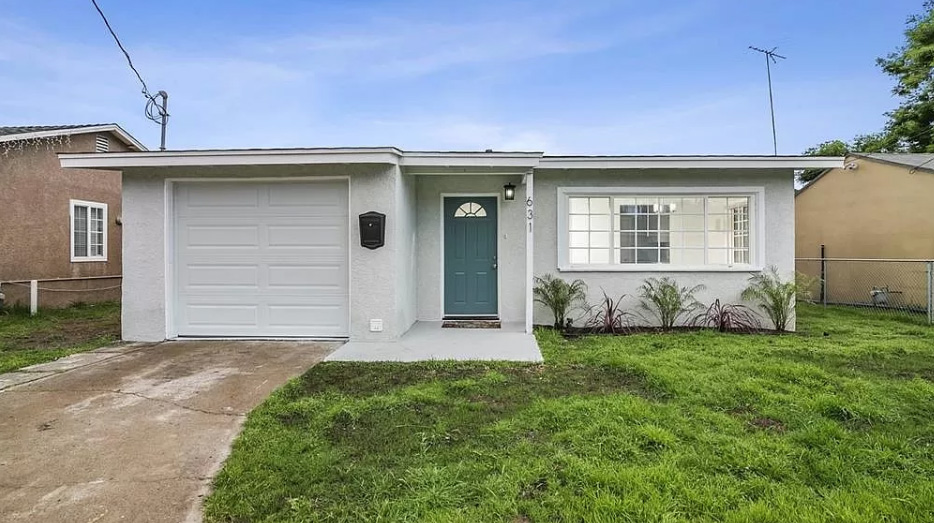
Right now, unemployment is on track to compete with what this country saw in the Great Depression as a result of COVID-19. Millions of Americans can’t keep up with their bills, including their mortgages. By passing the CARES Act, Congress has provided a buffer for individuals and families—but also potentially hastened a developing crisis in the mortgage industry. Thankfully, there are senators taking action to try and prevent this from happening.
What is the CARES Act?
Congress passed the Coronavirus Aid, Relief, and Economic Security (CARES) Act on March 27th, 2020. The CARES Act provides $2 trillion in funds to help employees, small businesses, and other Americans stay afloat during COVID-19.
What the CARES Act Means for the Mortgage Industry
As part of the CARES Act, homeowners are now allowed to stop paying on their mortgages for up to a year. To complicate matters, it is possible to stop making mortgage payments for this duration of time under the CARES Act without demonstrating hardship.
It is estimated that up to $100 billion in mortgage payments may not be made by homeowners as a result of the CARES Act. The problem is, as much as this will help homeowners (many of whom do need it), somebody is still expected to make those payments to the mortgage investors.
“Somebody” here would be mortgage companies. Now, you likely know that there are two major sectors within mortgage services: the big banks and independent mortgage companies. Big banks may be able to weather this situation since they have sufficient liquidity to stay afloat. But this isn’t the case with independent mortgage companies.
Non-bank mortgage servicers make up around half of the mortgage industry—and if nobody acts, many of them will fail.
Illustrating why this is the case financially, U.S. Sen. Mark R. Warner (D-VA) and colleagues wrote the following:
“Given that we could see as much as $100 billion in mortgage payments forborne through this program, it presents an existential threat to these companies, and thus to the broader mortgage market. To put this in perspective, according to Moody’s Analytics, last year servicers had total net profits of less than $10 billion. The institutions that normally provide servicers with their liquidity will be unwilling to provide this unprecedented level of support, at least at a rate that many servicers could possibly afford. This will leave many servicers with no way to cover the growing obligations.”
Not only that, but mortgage investors are aware of the situation, and are increasingly skittish about participating. This makes sense—investors look for safe, stable opportunities, not uncertainty on an unprecedented scale. Right now, they are wondering, “Who will pay on these loans?”
As a result, we are seeing a cascading effect. There are now some types of loans which you cannot even find, because nobody wants to invest in them. With others, we are seeing rate hikes.
Ultimately, all of that is going to create even more of a burden on homeowners and homebuyers, the very individuals that the CARES Act has set out to protect.
What is Being Done to Prevent a Crisis?
The excerpt you read above from Sen. Mark R. Warner comes from a bipartisan letter which he and his colleagues submitted to the Financial Stability Oversight Council (FSOC). Others who have gotten involved with trying to mitigate the situation include the Mortgage Bankers Association, the Treasury, and Jerome Powell, Chair of the Federal Reserve.
Hopefully soon, the framework for a solution will be in place, and we’ll see rates settling down and investors more willing to engage. The government will need to act fast to keep the situation in check.
In the meantime, if there is anything you need, please let me know. Whether you are shopping for an affordable home loan or are looking to refinance your existing loan, I can help. Please give me a call at (619) 857-7191 to schedule a consultation. Together, we’ll get through this.
Do you know how much home you can afford?
Most people don’t... Find out in 10 minutes.
Get Pre-Approved Today